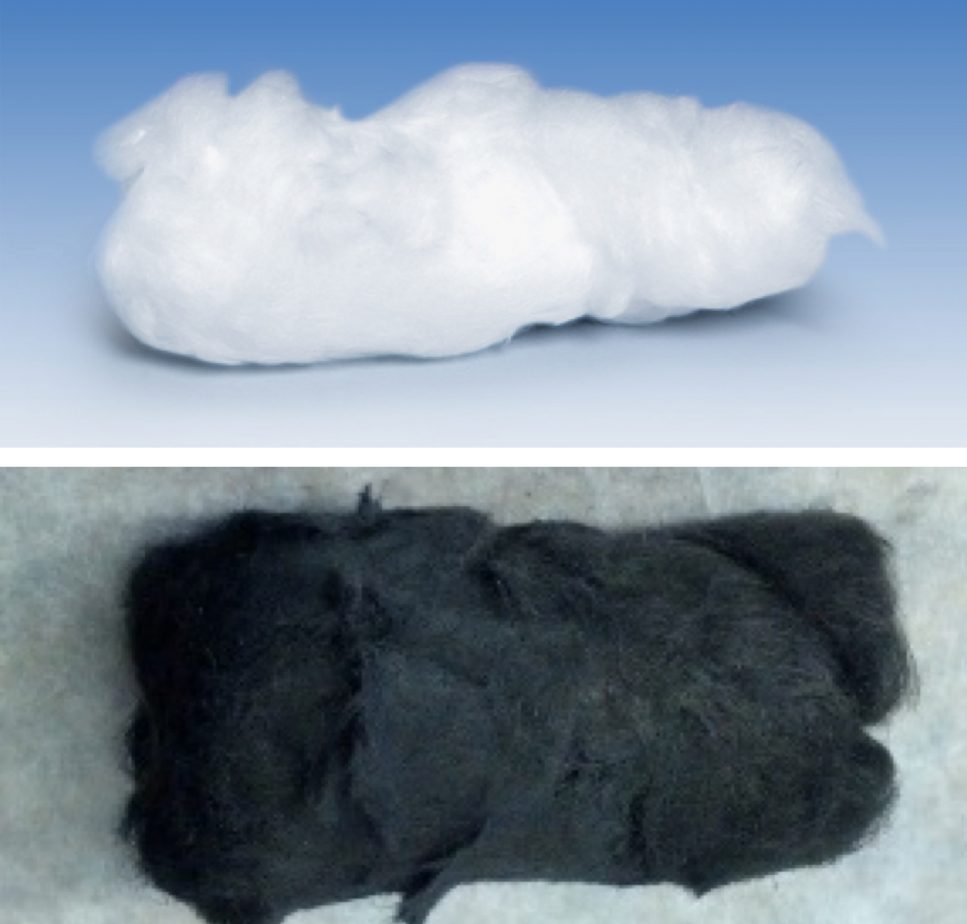A chemist and a high-school student may have just found a sustainable solution to remove heavy metals from water. Could this reusable filter be the future of clean water?
Water pollution is a rising problem that can affect people in both urban and remote areas. For years, researchers have been hard at work trying to find efficient ways to extract heavy metals from water.
But, believe it or not, a chemist from Rice University and a high school student may have beaten them to the punch.
A super filter invented by a high schooler absors 99% of heavy metals present in water.Click To TweetHeavy Metals, Heavy Polluters
Heavy metals are chemical elements with a density that is at least 5 times greater than that of water. Like all minerals, you can find heavy metals in water, air and soil.
However, these metals can be toxic, which creates a problem when they get into a source of water that people need.

The list of toxic heavy metals is pretty long, and to make matters worse, it’s full of useful stuff. There’s copper, arsenic, nickel, zinc, cobalt, manganese, and the most toxic of the bunch: mercury, lead, and cadmium.
We need them, and they are toxic. Irony, your name is “heavy metals”. And this news is nothing new. We’ve known about the toxicity of heavy metals since antiquity.
Even at lower levels, exposure to heavy metals can cause horrendous damage on the body. For example, they can cause organ damage and affect everything from the nervous system to blood or bone marrow. And if all that wasn’t bad enough, they’re also carcinogenic.
That being said, these materials are very useful. If we want to make good use of them, we’ll need to find a way to keep them safely out of our water sources.
Heavy Metals Shall not Pass
Let’s fast forward to the year 2015, with the beginnings of an astounding advancement in heavy water filtration.
It all started when Perry Alagappan, an undergraduate at Stanford University, took a trip to India. There, he witnessed firsthand how contaminated water threatened locals.
The trip inspired him. He came back with a new goal: a sustainable water purification project. Little did he know that his project would go on to be recognized by a series of rewards.
Alagappan was in high school at the time, and he didn’t have access to resources that would enable him to pursue his research. So, he contacted Andrew Barron at Rice University who warmly welcomed him into his research group.
The group sought to develop a new kind of water filter, so they turned to carbon nanotubes, the miracle material of Industry 4.0.
The filter, referred to in a scientific study as SENT (supported-epoxidized carbon nanotube) is system composed of multi-walled carbon nanotubes (MWNTs) immobilized onto tufts of quartz.
The system was tested using an aqueous solution that mimics industrial contaminated waste water. Astoundingly, it was able to absorb 99% of heavy metals within the water. Furthermore, the team designed the filter to be washable and fully reusable. All you need is some vinegar and water, and you’re ready to go again.
Looks like carbon nanotubes strike again. Miracle material indeed. Here’s a closer look:

According to the study, just one gram of SENT can decontaminate 83,000 liters of contaminated water. That’s equal to daily needs of drinking water for 11,000 people, according to the World Health Organization.


















Comments (0)
Most Recent